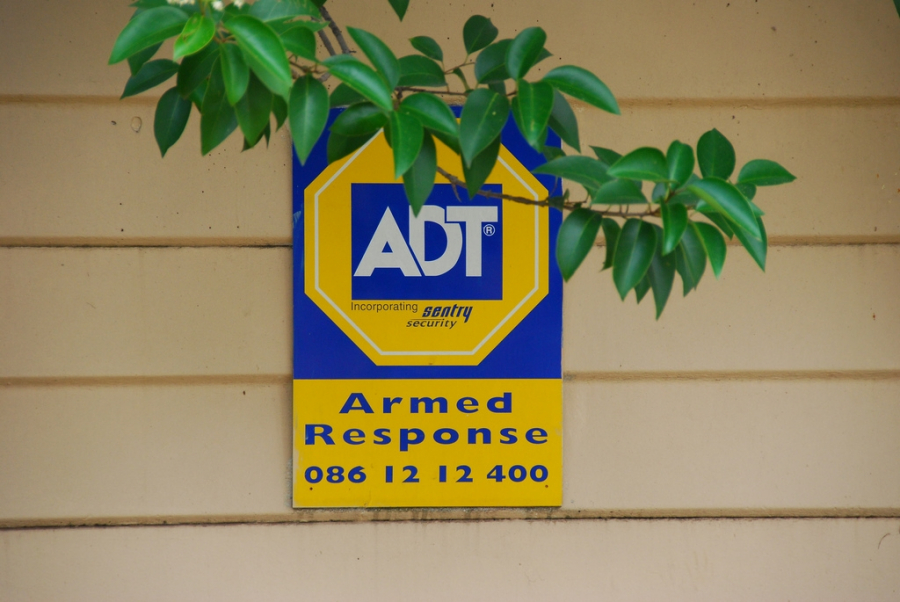After a series of highly public missteps in recent months, Wall Street's underwriting business has continued to draw attention for slip-ups in pricing IPOs. On January 18, home security company ADT's
With $1.47 billion raised, ADT had raised less than expected in their U.S. IPO after pricing their shares at $14 per share, noticeably short of the range at which the IPO was marketed, $17 to $19 per share. To add to the company's woes, ADT's shares underperformed during its first day of trading, falling to 12% below their IPO price to $12.39 by the end of the day. The company's home security products, which include surveillance cameras and burglar alarms, are facing mounting competition from monitoring apps on smartphones.

The mediocre performance of ADT's IPO and the errors from its underwriting team are only the latest in a series of poorly-performing IPOs in recent months. Among these was the spectacular failure of meal-kit service Blue Apron Holding Inc.'s debut last June
In light of the number of recent high-profile missteps by underwriters, it is not surprising that streaming company Spotify AB has decided to make its much anticipated public debut this year without the services of underwriters. Spotify announced that it will go public by listing its shares directly, instead of asking underwriters to set a price range. Executives at the company have reportedly cited the difficulty of pricing IPOs and the prevalence of mistakes in this area by banks as the motivation behind this move. Forgoing the traditional IPO route also allows Spotify to avoid hefty underwriting fees, though the company will be retaining three banks, including both Morgan Stanley and Goldman Sachs, as advisors during the process.
- https://www.cnbc.com/2017/08/23/inside-blue-aprons-ipo-communication-lapse-chased-away-investors.html
- https://www.cbsnews.com/news/spotify-ipo-music-company-wont-be-cashing-out-to-same-old-wall-street-tune/
- https://www.reuters.com/article/us-adt-inc-ipo/home-security-firm-adt-dips-10-pct-in-nyse-debut-idUSKBN1F81W5














